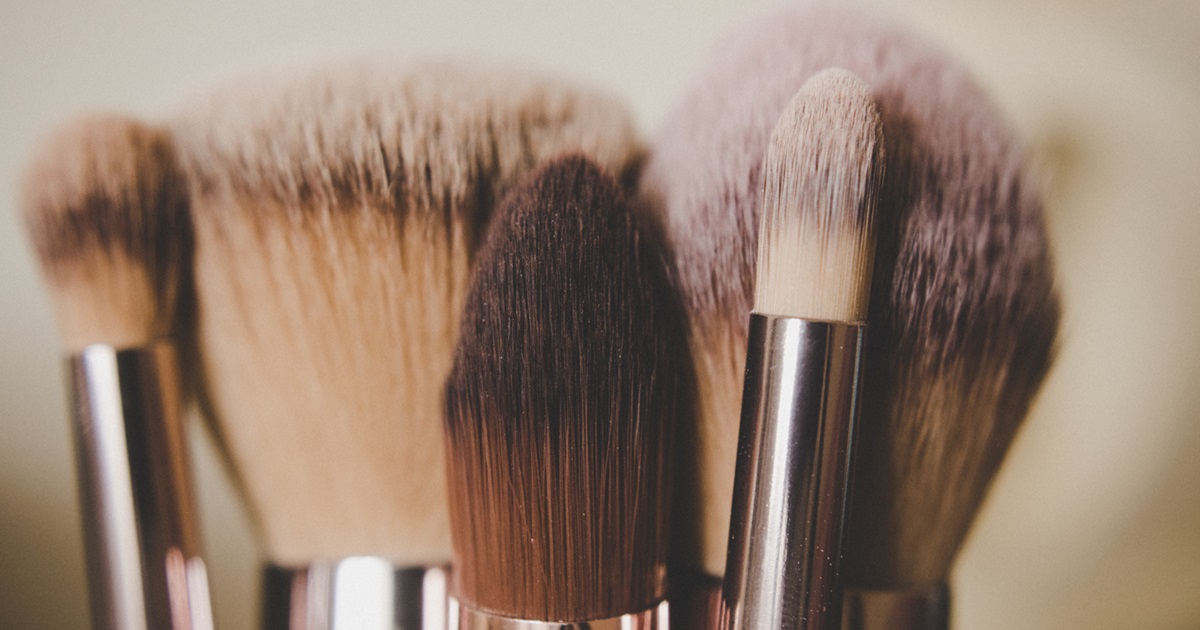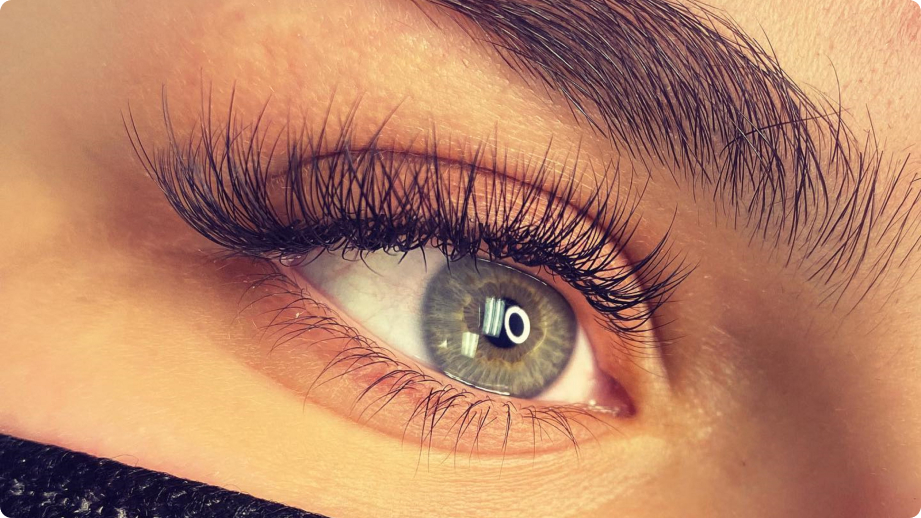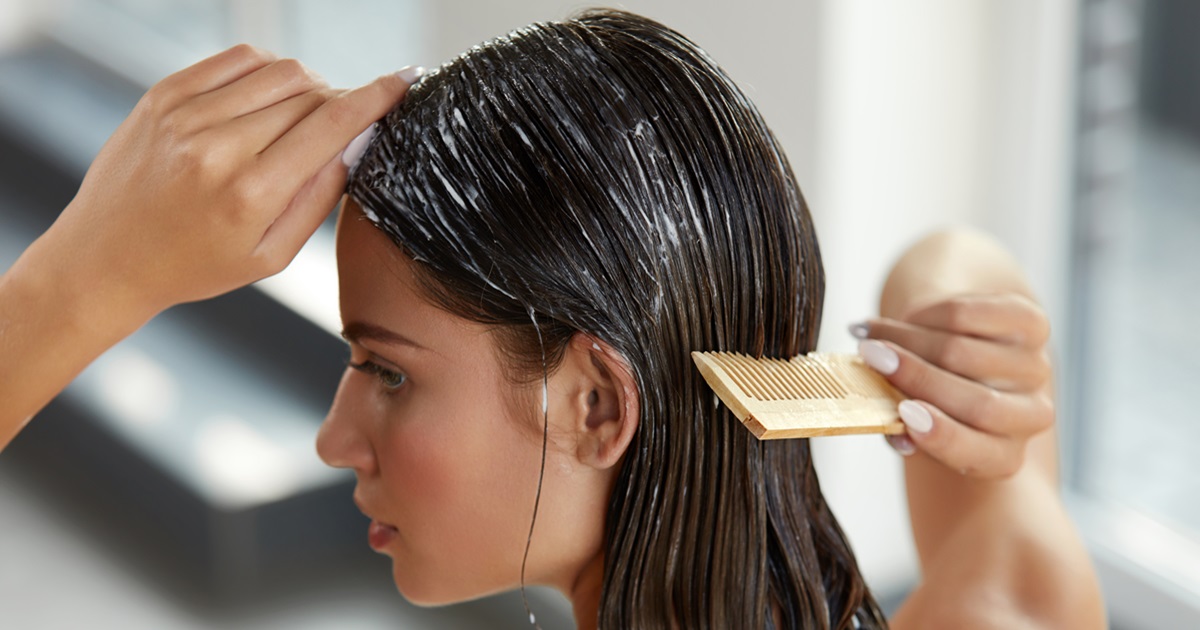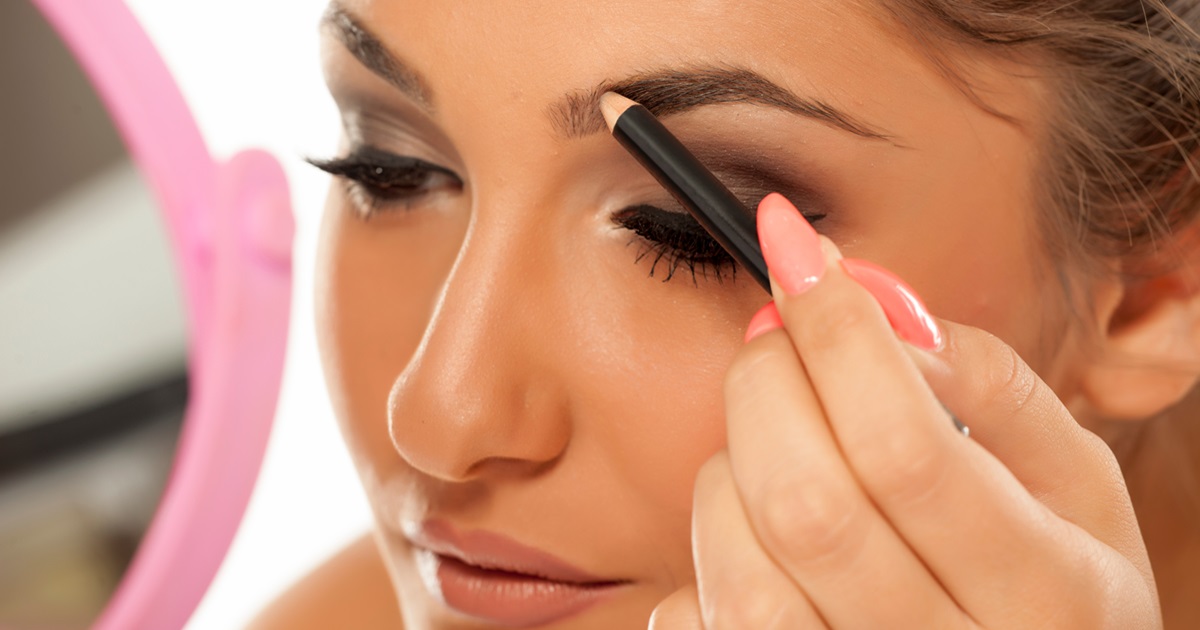Can you use a hair mask everyday?
Beautiful, healthy hair is something many of us strive for, but with the multitude of products and advice available, it's easy to feel overwhelmed. When it comes to hair masks, questions about their daily use often arise. Is it too much of a good thing, or can your locks truly benefit from frequent treatments? This article delves into the various aspects of hair mask application, helps you understand the potential impacts on your hair, and guides you towards creating an optimal hair care routine tailored to your specific needs.
Understanding Hair Mask Benefits
Understanding the full scope of hair mask benefits is integral to optimising your hair care routine. Hair masks play a vital role in maintaining the health and vitality of your hair. They provide intense conditioning and restoration to your strands that regular conditioners cannot offer, making them an essential part of any comprehensive hair care strategy.
Here are some reasons why incorporating hair masks into your routine can be very beneficial:
- Deeply hydrates and nourishes the hair: Hair masks are typically rich in moisturising ingredients like panthenol, aloe vera, glycerin, and urea. This high nutritional content enables them to provide your hair with the deep hydration it needs.
- Help tackle frizz: If you're battling frizzy hair, masks formulated with natural oils or butters might be your best bet. These ingredients not only moisturise your hair but also help to smooth it, therefore combating frizz.
- Repair damaged hair: Hair masks can work to repair damage such as split ends and improve overall hair health.
However, it is essential to remember not to overuse hair masks in your routine. Just like any good thing, too much can turn out to be disadvantageous. Depending on your hair type and condition, hair masks should be used in moderation. Keep in mind to choose a hair mask that aligns with your specific hair needs and concerns for the best results.
Can Hair Masks Be Overused?
Exploring the potential for overuse of hair masks, it's significant to highlight that too frequent use can lead to oversaturation of your locks with nutrients. Essentially, this means your hair can become overly conditioned, making it appear flat, lifeless, and devoid of volume. Furthermore, depending on the ingredients of your chosen hair mask, such overuse could inadvertently cause build-up, leading to dull and weighed-down hair. Even worse, if overused, masks that are abundant in protein may make hair brittle and prone to breakage. Hair care balance is therefore mandatory to ensure your locks' overall health and vitality.
The concept of hair care balance lies in understanding that while these treatments provide essential nourishment and protection, they should harmonise with other hair care practices rather than overpower them. Ideal hair mask usage should range from once to thrice a week, depending on your hair's needs and the product's intensity. It's equally important to remember the duration you leave these nourishing treatments on your hair. Leaving a protein-rich mask on for too long might cause more harm than good, exemplifying that balance in application and frequency is the key to effective hair mask use against overuse of hair masks.
Natural Oils and Their Impact
Incorporating natural oils into your hair care regimen can truly augment hair mask efficacy. Coconut oil, for instance, packs in lauric acid, enabling it to penetrate deep into the hair shaft and replenish lost moisture, making it an excellent choice for dry or damaged hair. Not only does it moisturise, but it also works to protect the hair from protein loss and minimises breakage. On the other hand, argan oil, enriched with Vitamin E and essential fatty acids, works wonders for frizzy and unmanageable hair. Its ability to tame frizz, add shine, and soften hair makes it a standout ingredient in hair masks targeted at smoother, shinier hair.
Yet, it's not just about what these oils can do individually but also about their synergistic effect. Applying a hair mask that combines these two oils can simultaneously deliver diverse benefits, catering to different hair issues. Whether it's combating dryness, controlling frizz, or strengthening hair strands, hair masks enhanced with these natural oils offer an amalgamation of benefits. Don't forget that understanding your hair's unique needs and hair mask efficacy can help drive your selection, ensuring the formulation caters to what your locks specifically need.
The Role of Moisturisation and Nourishment
In the realm of hair health, the role of moisturisation and nourishment are undeniably critical. These elements are the backbone of a robust hair care regimen, providing the necessary care and protection your tresses need to thrive. Moisturisation is a barrier, shielding your hair from dryness, brittleness, and potential damage. It infuses your strands with the hydration they crave, thereby promoting elasticity, managing frizz, and preserving the overall health of your hair. The simultaneous aspect of nourishment offers multi-layered benefits, replenishing your hair with necessary nutrients, proteins, and vitamins.
At the heart of nourishment lies the task of feeding your hair with what it needs to remain robust, shiny, and lush. This includes providing proteins for structure, vitamins for growth, and antioxidants for protection. Specific nutrients like Vitamin E bolster hair health by stimulating and improving blood circulation to your hair follicles. On the other hand, a lack of proper nourishment can lead to issues such as hair loss, dullness, and brittleness. Therefore, coupling balanced moisturisation with holistic nourishment constitutes an optimal approach towards upholding hair health and preventing damage, fortifying the foundation for the question: can you use a hair mask every day?
Creating a Healthy Hair Mask Routine
Constructing a beneficial hair mask routine is integral to a well-rounded daily hair care regimen. It's crucial, however, to strike a balance, meaning you should adjust the frequency of your hair mask application based on your hair's unique needs. Evaluate its effects first rather than blindly adding a hair mask to your daily routine. If, after a few applications, your hair starts to feel heavy or greasy, pull back on how often you're applying it. Your daily hair care routine should maintain an optimal balance between nourishment and over-conditioning.
Establishing an optimised hair mask routine can be achieved by following these helpful tips:
- Understand your hair and its needs: Just like skin, hair also differs among individuals, making it critical to choose products that cater to your specific hair type and issues.
- Start with less frequent application: Initially, you might want to start with applying a hair mask once a week and gradually increase the frequency based on observing how your hair responds.
- Consider overnight treatments: Overnight hair masks can provide deep conditioning for extremely dry or damaged hair. Rinse off in the morning, leaving you with softer, smoother tresses.
- Be attentive to rinse thoroughly: An important step that many overlook is the thorough rinsing of hair after mask application. This helps rid your locks of any residual product that might damage your hair and cause build-up.
- Rotate between different masks: Rotating your hair masks based on their ingredients and your hair's changing needs can ensure balanced nourishment and avoid overconditioning.
By setting up a thoughtful hair mask routine as part of your daily hair care, you can reap all the hydration, nourishment, and protection benefits hair masks offer without risking damage due to overuse.







Add Comment
Your email address will not be published. Required fields are marked *